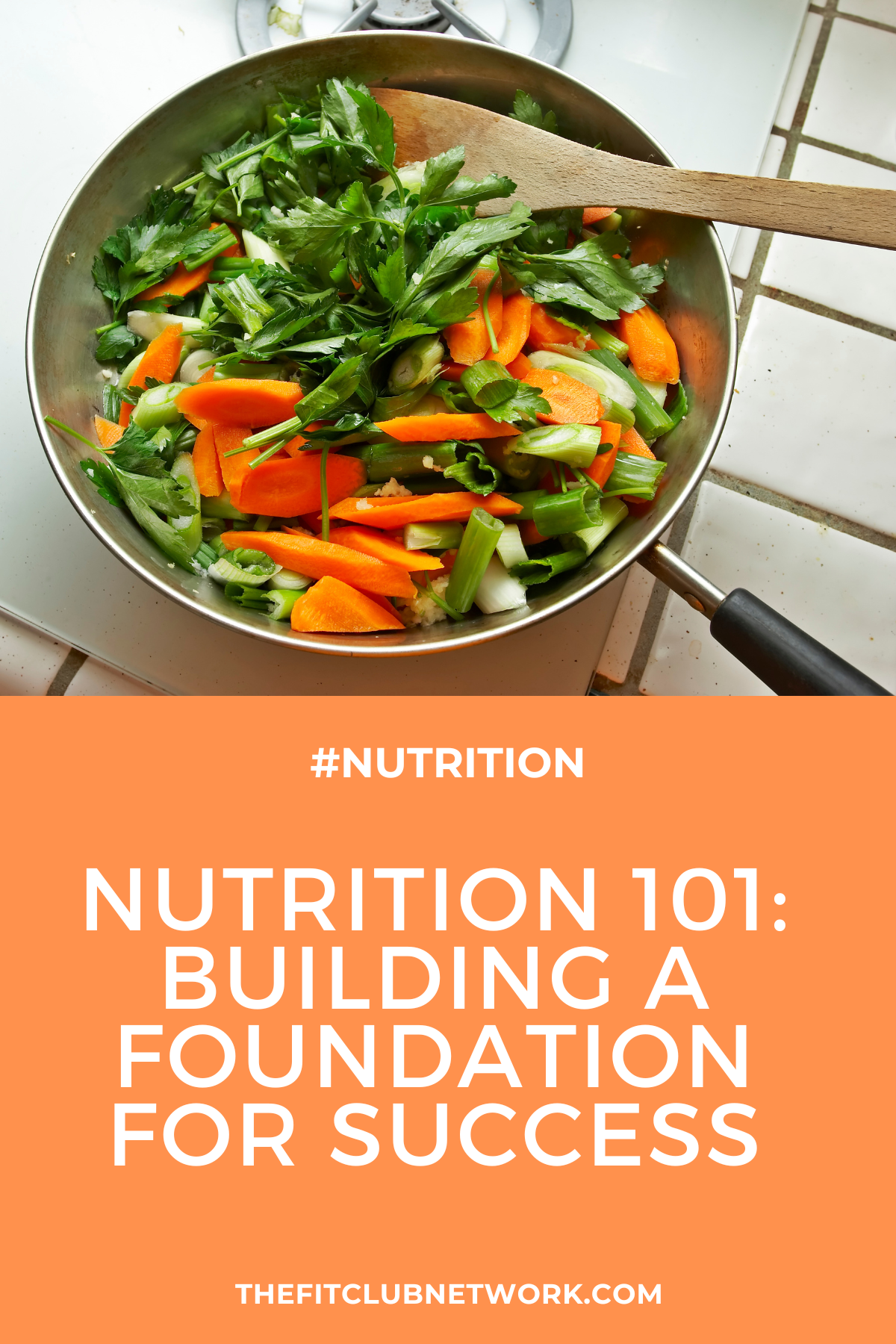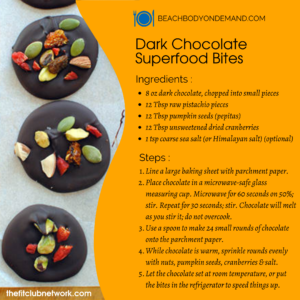
Welcome to Nutrition 101! In this blog post, we’ll focus on the fundamental principles of nutrition that will set you on the path to lifelong success.
- Macronutrients – The Foundation of Nutrition 101
- Carbohydrates: Carbs tend to be viewed negatively, but they are our body’s primary source of energy. Carbs are most easily found in whole grains, fruits, vegetables, and legumes. Choose complex carbs over refined ones for sustained energy and fiber. Simple carbs, like sugar, can provide a quick source of energy, but if you don’t use it up, sugar is converted into fat very quickly.
- Proteins: The building blocks of our cells, tissues, and enzymes. Most readily found in meat, poultry, fish, eggs, dairy, and plant-based sources like beans, lentils, and tofu. Aim for a variety of protein sources throughout the day. Consider supplementing with a protein based supplement high in diverse nutrients like Shakeology.
- Fats: Essential for hormone production, brain function, and nutrient absorption. Choose healthy fats like those found in avocados, nuts, seeds, olive oil, and fatty fish. Limit unhealthy fats like saturated and trans fats found in processed foods.
- “Veggies Most”
The 2B Mindset is our favorite BODi nutrition program and in complete alignment with Nutrition 101. One of the principles of The 2B Mindset is “veggies most”. Fill your plate with a variety of colorful fruits and vegetables. Aim for at least half your plate to be non-starchy vegetables like leafy greens, broccoli, and bell peppers. Include a variety of fruits for vitamins, minerals, and antioxidants.
- Don’t fear the fat
Healthy fats are your friends! They keep you feeling full and satisfied, support brain health, and help your body absorb essential nutrients. Include sources of healthy fats like avocados, nuts, seeds, and olive oil in your diet.
- Make water your best friend
Water is at the core of Nutrition 101 and essential for every bodily function. Dehydration is one of the most common nutrition deficiencies. The Mayo Clinic recommends 15.5 cups of water (3.7 liters or 125 ounces) of water for men and 11.5 cups (2.7 liters or 91 ounces) of water for women a day. But, these general recommendations need to be adjust based on your weight, activity level and climate. Infuse your water with fruits, herbs, or vegetables for added flavor. Avoid sugary additives that are counterproductive. I like to create ice trays with lemon juice in them. Not only does it taste good, but lemon water will help reduce acidity in your body pH.
- Mindful eating
Pay attention to your body’s hunger and fullness cues. Eat slowly and savor your food. Employ this philosophy: Eat only when you are hungry and stop when you are satisfied, not full. If you slow down your eating, you will more easily find the point of satisfaction and avoid overeating.
- Cook more at home
 With the state of the economy and the expense of food, cooking at home should be an easy choice. It gives you control over the ingredients and portion sizes in your meals. Don’t be afraid to experiment with new recipes and find healthy ways to prepare your favorite foods. I’m no master chef, but I’ve learned that if I have a recipe the meals are always better. If you are looking for ideas, check out our Recipes page.
With the state of the economy and the expense of food, cooking at home should be an easy choice. It gives you control over the ingredients and portion sizes in your meals. Don’t be afraid to experiment with new recipes and find healthy ways to prepare your favorite foods. I’m no master chef, but I’ve learned that if I have a recipe the meals are always better. If you are looking for ideas, check out our Recipes page.
- Don’t demonize food groups
All food groups can fit into a healthy diet in moderation. Enjoy occasional treats and sweets without guilt. Focus on overall dietary patterns rather than restricting yourself from specific foods. A few meals outside these Nutrition 101 guidelines will not derail you. Nutrition 101 is about creating patterns and habits, not being rigid and forcing yourself to make choices you hate. If you do that, you just won’t stick with it.
- Find your support system
Surround yourself with people who support your healthy habits. Come join us on Facebook in our Insane Ward fitness support group where we’ll help you stay accountable and provide you with the motivation and resources to keep going and achieve your goals.
- Progress, not perfection
Remember, healthy eating is a journey, not a destination. There will be bumps along the road, but don’t let setbacks derail your progress. Celebrate your successes and learn from your mistakes.
- Make healthy eating sustainable
Choose healthy habits you can enjoy and stick with for the long term. Don’t make drastic changes overnight. Small, gradual steps will lead to lasting success.
Building a healthy relationship with food is about knowledge, awareness, and making choices that support your well-being. By following these simple principles, you can lay the foundation for a lifetime of health and happiness. Remember, you’ve got this!
Bonus tips:
- Read food labels and be mindful of added sugars, sodium, and unhealthy fats.
- Plan your meals and snacks ahead of time to avoid unhealthy temptations.
- Get regular exercise to complement your healthy eating habits.
- Don’t be afraid to ask for help from a registered dietitian or healthcare professional.
I hope this blog post has inspired you to take control of your health and build a solid foundation for a successful and nourishing life. Remember, small changes can make a big difference!
Happy eating!




